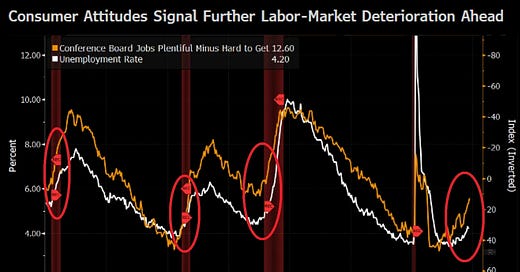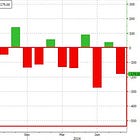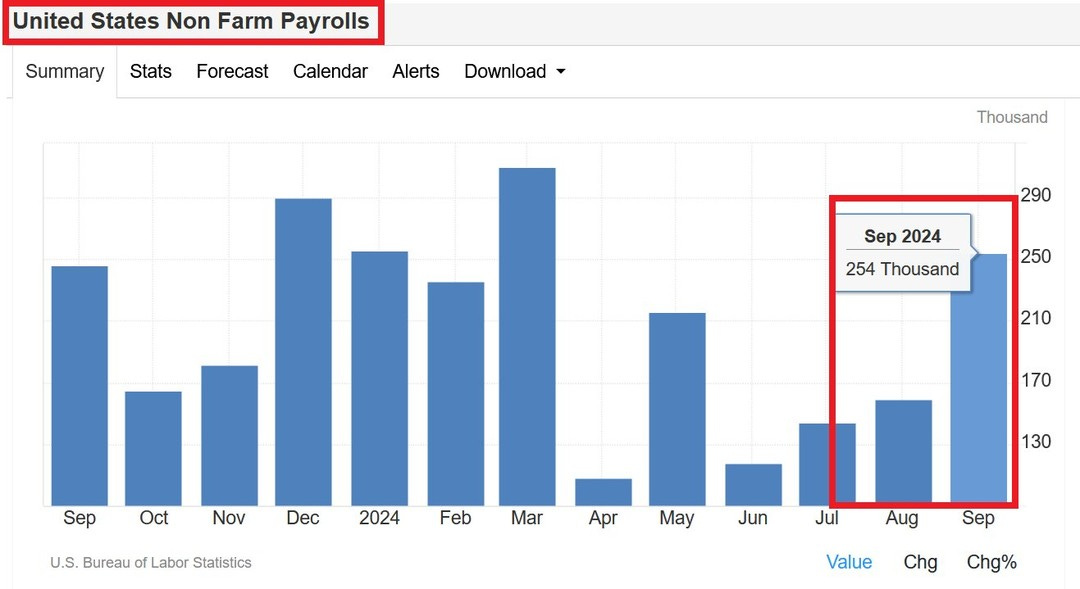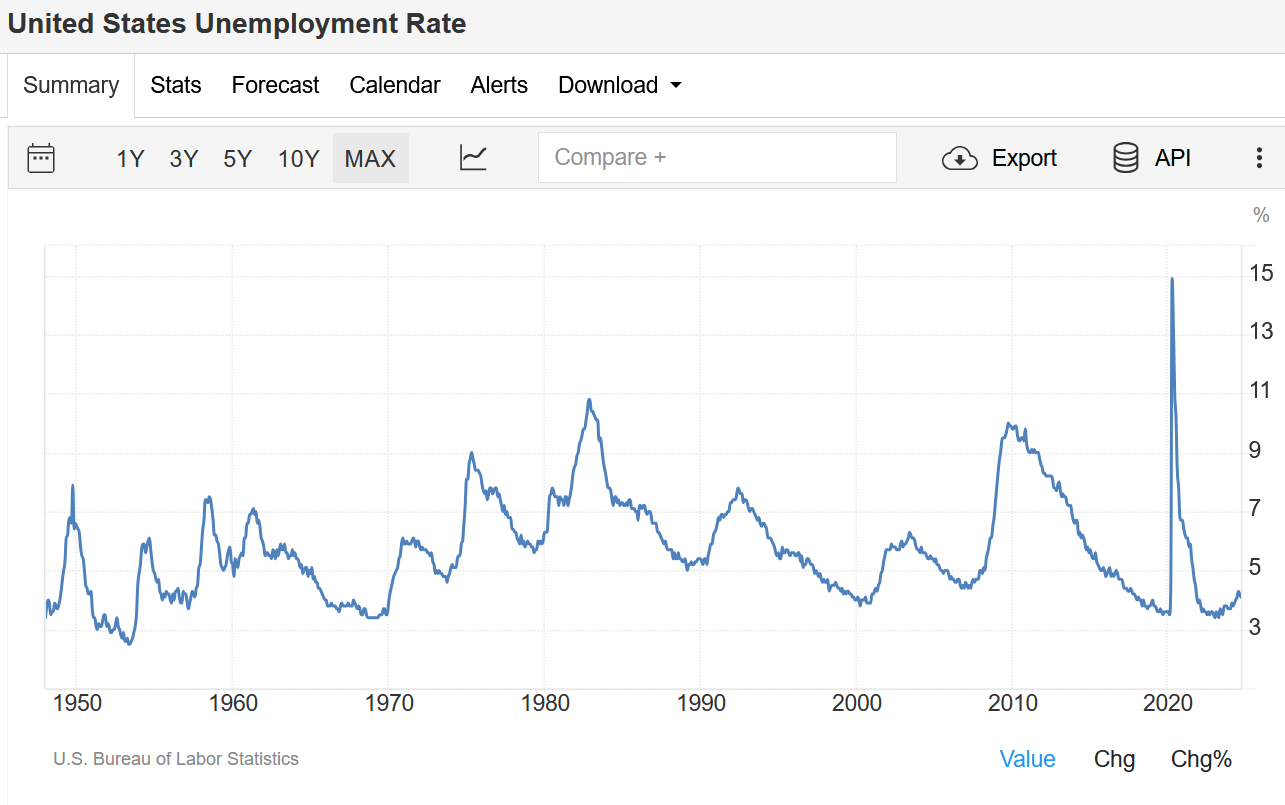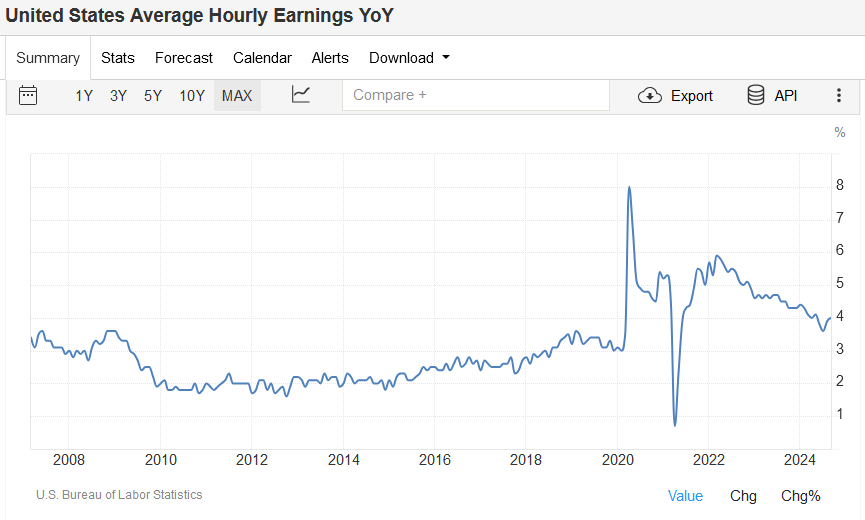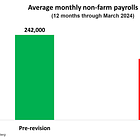What is really happening with the US job market?
The 254,000 job creation headline for September distorts the labor market data reality
This article analyzes the US job market based on the November report. For the most recent data from October, you can also read the below piece.
The US economy added 254,000 new jobs in September, according to the Bureau of Labor Statistics (BLS) preliminary estimates released Friday, 4th October. This was way above Wall Street expectations of 147,000. Moreover, the unemployment rate ticked down to 4.1%, below the forecasted 4.2%.
Lastly, average hourly earnings rose 4.0% year-over-year above the estimated 3.8%.
As mentioned a couple of times before, the monthly non-farm payrolls is an estimate based on a survey conducted by the Bureau of Labor Statistics (BLS) as it is impossible to check with every single person in the country whether they are employed. More on that in the below piece:
“Estimate” is a keyword here. This creates one of the major problems related to the whole dataset.
At first glance, we can conclude this is a goldilocks print - more than 250,000 job creation in one month, a falling unemployment rate, and healthy earnings growth. However, when one has the courage and makes an effort to dig deeper he can find out that the real shape of the US job market is much worse and in fact continues deteriorating.
In subsequent sections, you will find an analysis of the aforementioned methodology inconsistencies, unusual BLS data adjustments leading to overoptimistic numbers, and other data points assessment including the quality of job creation, job openings, and cuts as well as massive revisions of employment numbers.
THE BLS SEASONAL ADJUSTMENT WAS THE BIGGEST IN 85 YEARS, DOWNWARD REVISIONS WILL LIKELY CONTINUE

